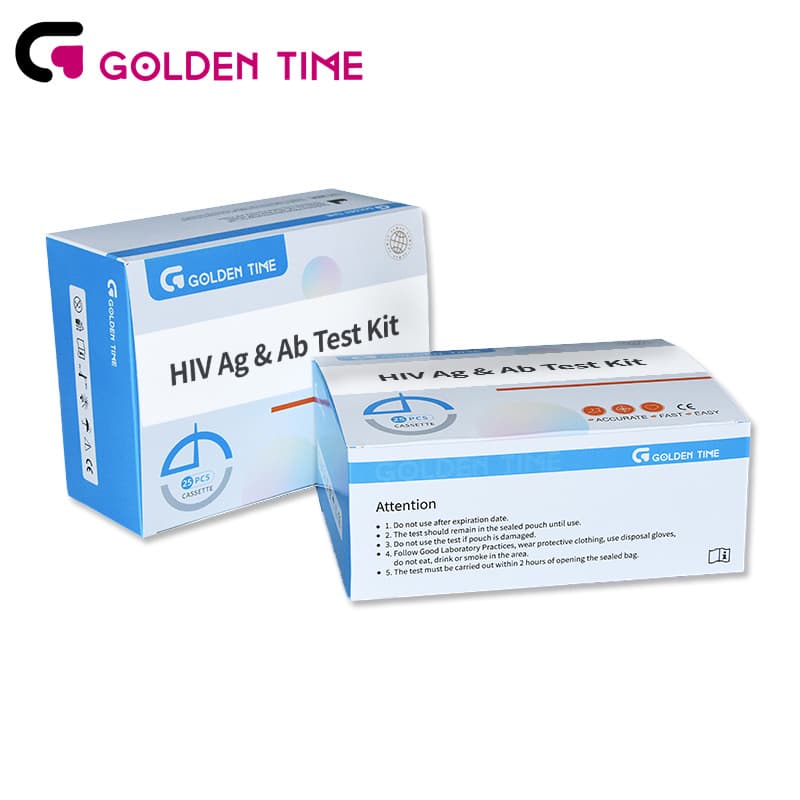ফেব্রু. . 13, 2025 00:14 Back to list
dengue antibody igg/igm rapid test
The rise of neutralizing antibodies against COVID-19 has significantly shaped the landscape of preventive health products, providing a cornerstone for understanding how our immune system can be mobilized against the virus. Drawing from extensive experience in product development and immunology, this exploration seeks to elucidate the dynamics of neutralizing antibodies and their implications for product innovation in the health sector.
Furthermore, neutralizing antibodies serve as templates for vaccine development. Their role in the in-vitro testing phase aids in predicting vaccine efficacy and potential durability of immune responses. By examining the binding and neutralization rates of these antibodies, researchers can craft vaccines that elicit stronger antibody responses, thereby fortifying public health defenses. Trustworthiness in this domain stems from adherence to rigorous scientific standards and ethical considerations. Clinical trials, regulatory approvals, and real-world evidence form the backbone of transparency in product development. Confidence in the deployment of antibody-based therapies and prevention tools is fortified by clear communication regarding side effects, contraindications, and overall effectiveness. Collaboration with regulatory bodies ensures these products meet stringent health and safety criteria before they reach the consumer markets. The economic impact of products involving neutralizing antibodies is substantial, paving the way for new policies and partnerships focused on equitable access and affordability. Despite the high costs traditionally associated with such biotechnological interventions, new manufacturing processes are being contemplated to reduce expenses and expand production capacities. Such innovations are critical to sustainably meeting market demands while maintaining high product quality and efficiency. In summary, the profound expertise and extensive research in neutralizing antibodies serve as the bedrock for launching sophisticated health products against COVID-19. This strategic integration of experience, scientific rigor, and trust establishes a robust framework for developing cutting-edge health solutions that are indispensable in controlling the pandemic and its associated health challenges. As the landscape evolves, the continuous adaptation and enhancement of these solutions will remain pivotal to ensuring global health security and resilience.


Furthermore, neutralizing antibodies serve as templates for vaccine development. Their role in the in-vitro testing phase aids in predicting vaccine efficacy and potential durability of immune responses. By examining the binding and neutralization rates of these antibodies, researchers can craft vaccines that elicit stronger antibody responses, thereby fortifying public health defenses. Trustworthiness in this domain stems from adherence to rigorous scientific standards and ethical considerations. Clinical trials, regulatory approvals, and real-world evidence form the backbone of transparency in product development. Confidence in the deployment of antibody-based therapies and prevention tools is fortified by clear communication regarding side effects, contraindications, and overall effectiveness. Collaboration with regulatory bodies ensures these products meet stringent health and safety criteria before they reach the consumer markets. The economic impact of products involving neutralizing antibodies is substantial, paving the way for new policies and partnerships focused on equitable access and affordability. Despite the high costs traditionally associated with such biotechnological interventions, new manufacturing processes are being contemplated to reduce expenses and expand production capacities. Such innovations are critical to sustainably meeting market demands while maintaining high product quality and efficiency. In summary, the profound expertise and extensive research in neutralizing antibodies serve as the bedrock for launching sophisticated health products against COVID-19. This strategic integration of experience, scientific rigor, and trust establishes a robust framework for developing cutting-edge health solutions that are indispensable in controlling the pandemic and its associated health challenges. As the landscape evolves, the continuous adaptation and enhancement of these solutions will remain pivotal to ensuring global health security and resilience.
Latest news
-
Dengue NS1 Rapid Diagnostic Test Kit
NewsMar.07,2025
-
Dengue NS1 Rapid Diagnostic Test Kit
NewsMar.07,2025
-
Dengue NS1 Rapid Diagnostic Test Kit
NewsMar.07,2025
-
Transferrin Rapid Test Cassette Tumor Marker TF Card
NewsMar.07,2025
-
Malaria Pf Pan Rapid Diagnostic Test Kit
NewsMar.07,2025
-
malaria pf / pan ag rapid test
NewsMar.07,2025

